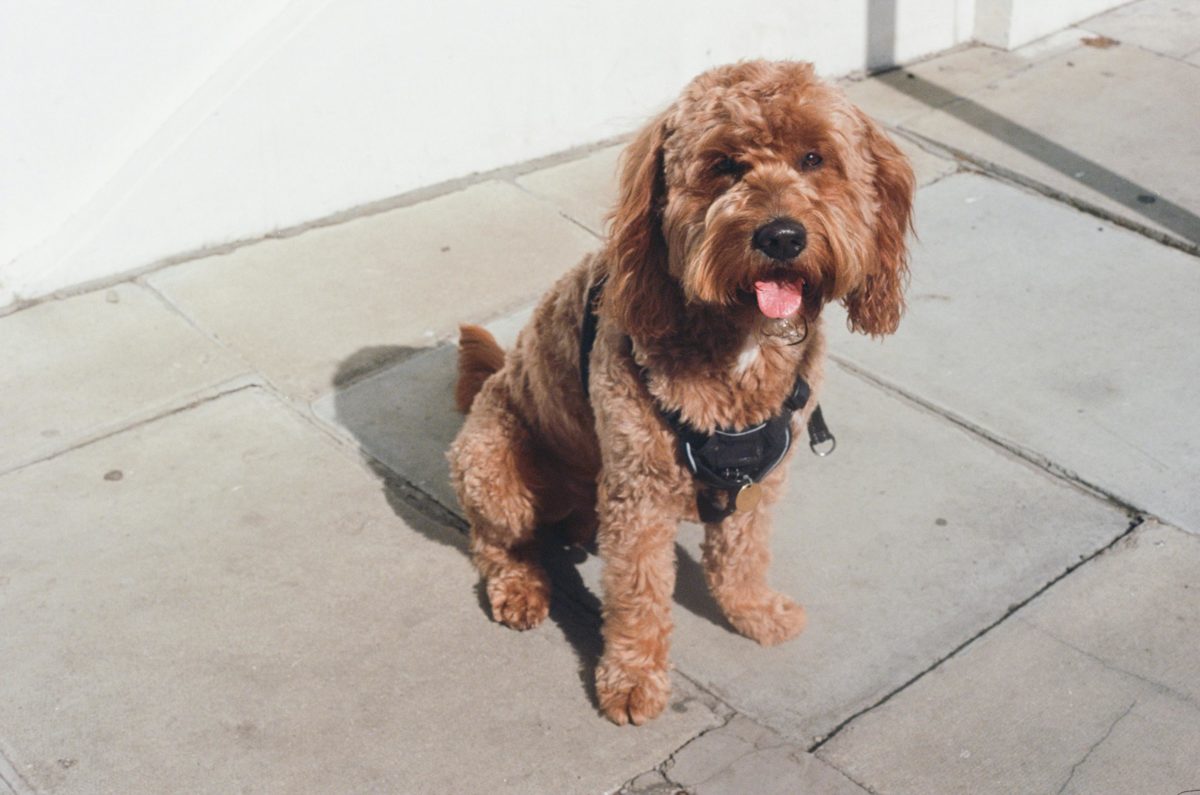In the realm of designer dog breeds, few are as charming and beloved as the Cavoodle. With its adorable appearance and affectionate demeanour, this crossbreed between a Cavalier King Charles Spaniel and a Poodle has captured the hearts of dog lovers worldwide. If you’re considering welcoming a Cavoodle into your home or already have one, this guide will provide invaluable insights into nurturing and caring for your furry friend.
Understanding the Cavoodle
Origin and Characteristics
The Cavoodle, also known as Cavapoo, is a crossbreed renowned for its intelligence, gentle nature, and hypoallergenic coat. Originating in the United States during the 1950s, they quickly gained popularity due to their combination of desirable traits from both parent breeds. They typically exhibit a friendly disposition, making them ideal companions for individuals and families alike.
Essential Care Tips
Feeding
Maintaining a balanced diet is crucial for the health and well-being of your Cavoodle. Opt for high-quality dog food formulated for small breeds, and ensure it meets their nutritional requirements. Consult with your veterinarian to determine the appropriate portion sizes and feeding schedule based on your Cavoodle’s age, size, and activity level. Additionally, provide fresh water at all times to keep them hydrated.
Training
Cavoodles are intelligent and eager to please, making them relatively easy to train. Start with basic obedience commands such as sit, stay, and come, using positive reinforcement techniques like treats and praise. Consistency and patience are key when training your Cavoodle, as they respond best to gentle guidance and encouragement. Consider enrolling them in puppy classes or working with a professional trainer to enhance their socialization skills and behaviour.
Grooming
Due to their Poodle lineage, Cavoodles have a curly or wavy coat that requires regular grooming to prevent matting and tangling. Brush their fur several times a week using a slicker brush or comb to remove loose hair and debris. Additionally, schedule professional grooming sessions every 4-6 weeks to trim their coat, clip their nails, and clean their ears. Don’t forget to brush their teeth regularly and schedule dental check-ups to maintain their oral health.
Exercise
Despite their small size, Cavoodles are moderately active dogs that enjoy daily exercise to keep them mentally and physically stimulated. Take them for brisk walks, engage in interactive play sessions, or let them romp in a fenced yard to burn off excess energy. Incorporate mentally stimulating activities like puzzle toys and obedience training to prevent boredom and encourage their natural intelligence.
Health Considerations
Common Health Issues
While generally healthy, Cavoodles may be prone to certain inherited health conditions from their parent breeds, including:
- Mitral Valve Disease
- Hip Dysplasia
- Progressive Retinal Atrophy
- Luxating Patella
Other common health condition they can Have ;
- Ear infection
- Dental disease
- Skin problems
- Separation anxiety
Regular veterinary check-ups, vaccinations, and preventive care are essential for early detection and management of any health concerns. Maintain a consistent vaccination and deworming schedule, and be vigilant for any changes in behaviour, appetite, or mobility that may indicate underlying health issues.
Conclusion
Caring for a Cavoodle requires dedication, patience, and a deep appreciation for their unique personality and needs. By providing proper nutrition, training, grooming, and healthcare, you can ensure a fulfilling and enriching life for your beloved companion. Remember, the bond between a Cavoodle and its owner is built on love, trust, and mutual respect, making every moment together a cherished experience.
Book an Appointment Today
About the Author:
Dr. Irene Mitry is the owner and founder of Clyde Veterinary Hospital, and a vet with a difference. She has not one, but two veterinary degrees, and an abiding passion for preventative pet care. Her life-long love for our animal friends shines through in everything she does, as her client testimonials show. Dr Mitry’s long-standing desire to bring this philosophy of care to life in her own purpose-built veterinary clinic led her to found Clyde Veterinary Hospital in 2018.



